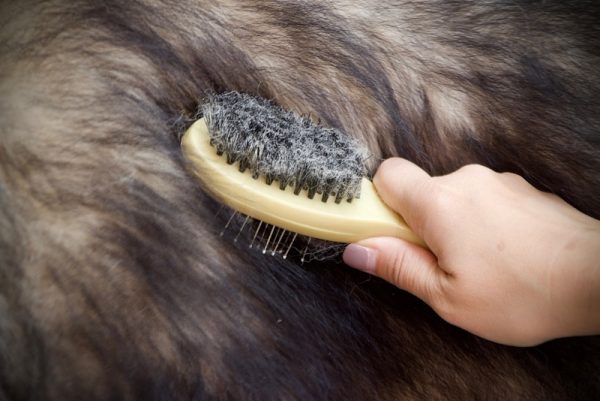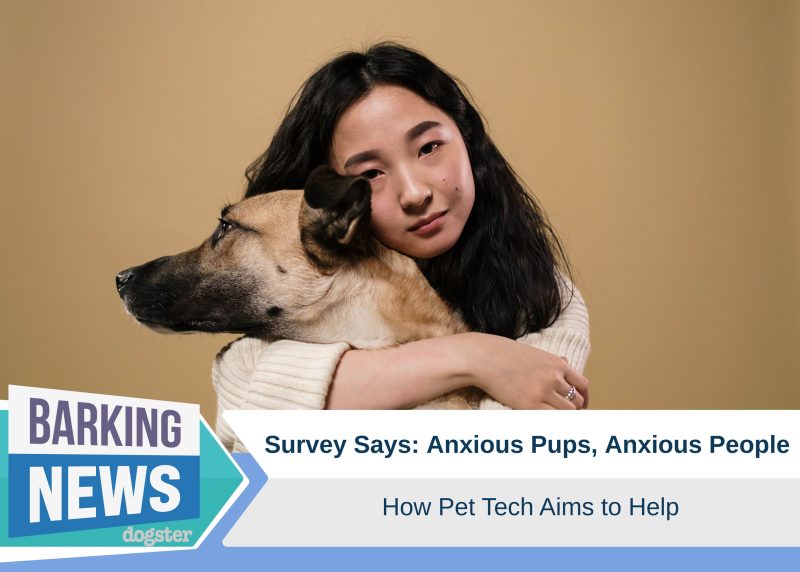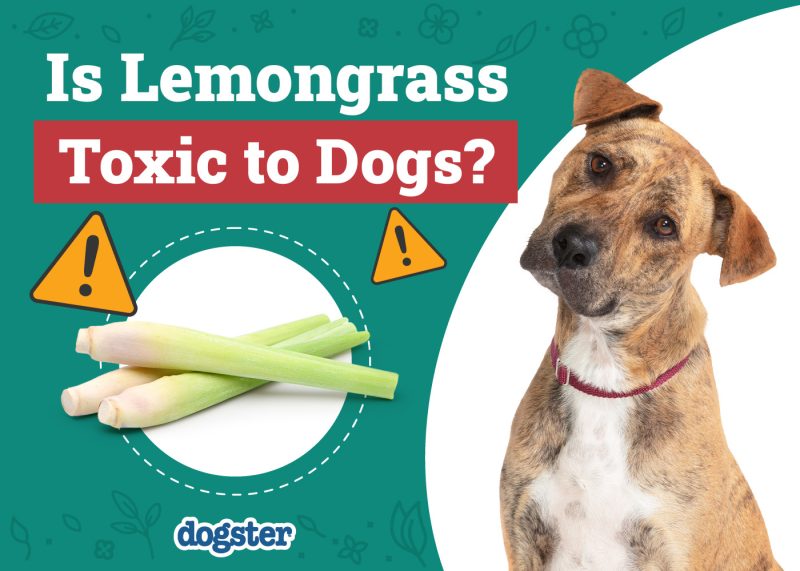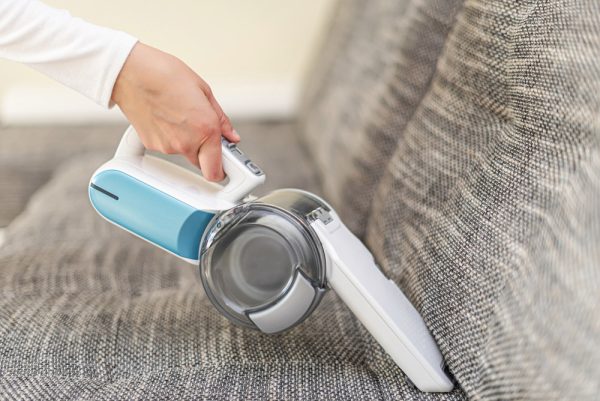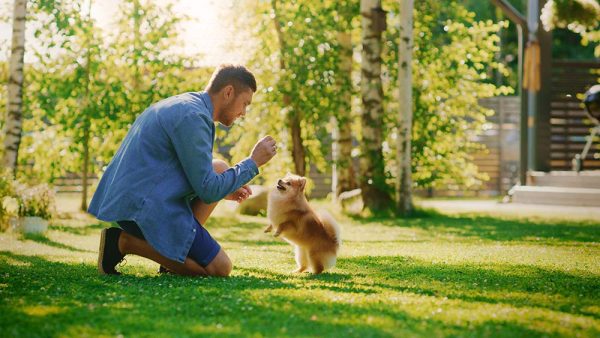In this article
View 3 More +Essential oils have gained popularity within the last few years due to their proclaimed benefits of calming and soothing stress and anxiety for humans.1 These oils come from plants, and you can apply them in many ways, such as applying to fabrics, massaging into the skin, and using them in a diffuser. But will essential oil calm your dog? The answer is not a simple yes or no, with no supporting scientific evidence proving its benefits for dogs. In fact, they are potentially dangerous to dogs.
In this article, we’ll examine essential oils, their risks, and if they can relax your dog.

Are Essential Oils Safe to Use for My Dog?
Essential oils are advertised as a “natural” or “holistic” approach to mental health and happiness. However, do not confuse “natural” with “safe.” Some oils are toxic to dogs, especially if they’re applied directly to the dog’s skin or ingested.
You should not use cinnamon, tea tree oil, eucalyptus, peppermint, wintergreen, citrus, pine, and ylang-ylang essential oils around your dog. Regarding “safe” essential oils, we recommend consulting your veterinarian first due to their potentially harmful effects on dogs.

Can You Use a Diffuser Around Dogs?
It’s vital to remember that a dog’s sense of smell is considerably stronger than ours. A dog has over 100 million sensory receptor sites in the nasal passage compared to our 6 million, and the scent may be too strong for your dog. If you decide to use a diffuser, ensure it’s in a place your dog cannot access and that you dilute the oil. Avoid active diffusers, as they emit small oil particles into the air. They can cause the particles to get on your dog’s skin, which can cause health problems as severe as neurological issues. When using a diffuser, ensure it’s a passive diffuser.
Also, ensure you don’t use any of the toxic scents we mentioned. To put this into perspective, tea tree oil has been known to cause liver damage in dogs. If your dog has breathing problems, it’s best to avoid essential oils altogether since they can exacerbate the problem.
If you have any concerns about your dog or their health, we recommend you contact your vet directly.
If you need to speak with a vet but can't get to one, head over to PangoVet. It's our online service where you can talk to a vet online and get the advice you need for your dog — all at an affordable price!

What Essential Oils Are Considered Safe for My Dog?
We know which scents are toxic, but what about “safe” scents?” According to the experts, these are scents that are considered safe:
- Lavender
- Fennel
- Cardamom
- Frankincense
- Chamomile
- Rosemary
- Bergamot
- Cedarwood
- Ginger
- Myrrh

What Other Safe Methods Can I Use to Calm My Dog?
Luckily, there are plenty of safe and genuinely natural ways to calm your dog without using essential oils. In our opinion, it’s better to err on the side of caution rather than take a chance of making your dog sick. Some natural ways to calm your dog are exercise, relaxing music, massages, and mental stimulation.

Final Thoughts
Using essential oils to treat anxiety in dogs has become a new trend, but some oils are harmful to dogs and must be avoided. Ensure you take the precautions mentioned in this article before using any essential oils, and be sure to consult your veterinarian before using any of them, whether they are deemed safe or not. Your vet can also help you calm your dog in other ways and determine if they need behavioral modifications or medication.
See also:
- Is Peppermint Essential Oil Safe for Dogs? Vet-Reviewed Facts
- Castor Oil for Dogs: Our Vet Discusses Uses, Safety & Potential Risks
Featured Image Credit: Madeleine Steinbach, Shutterstock


